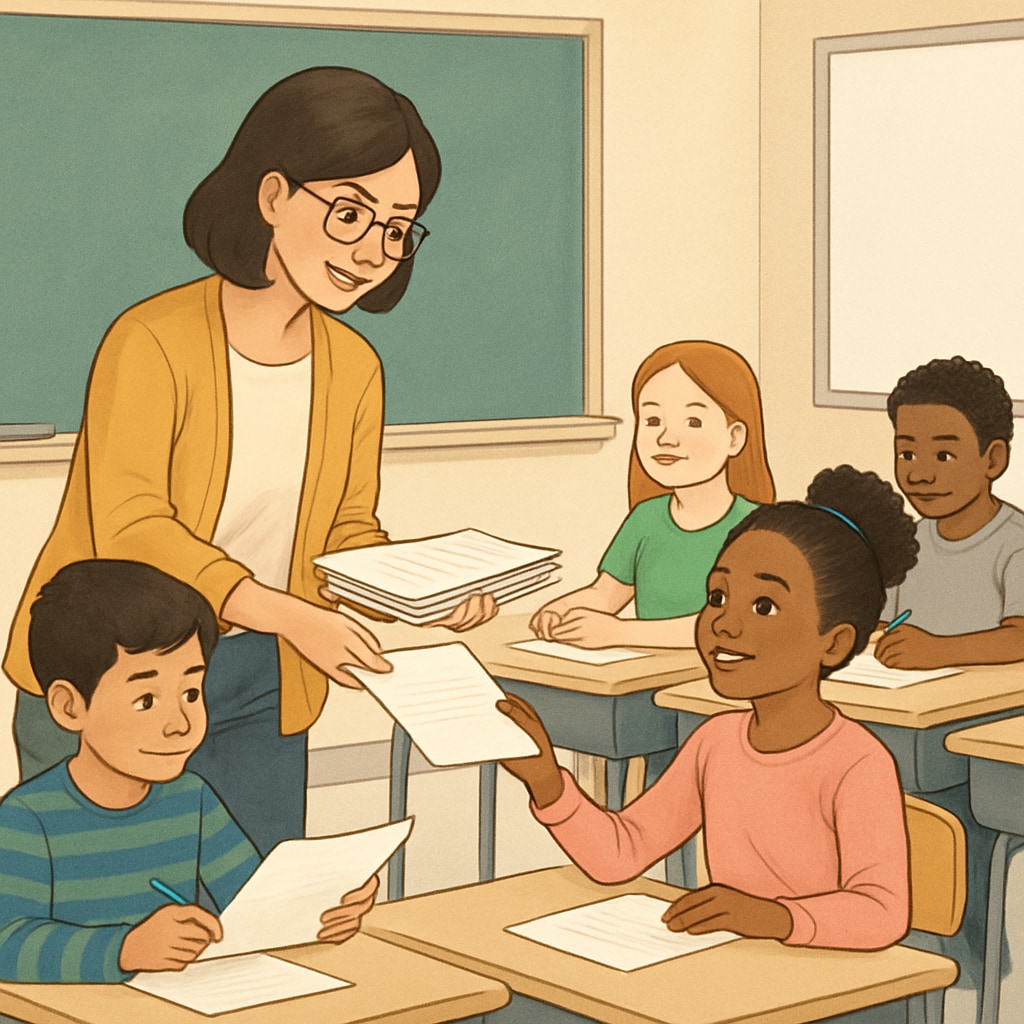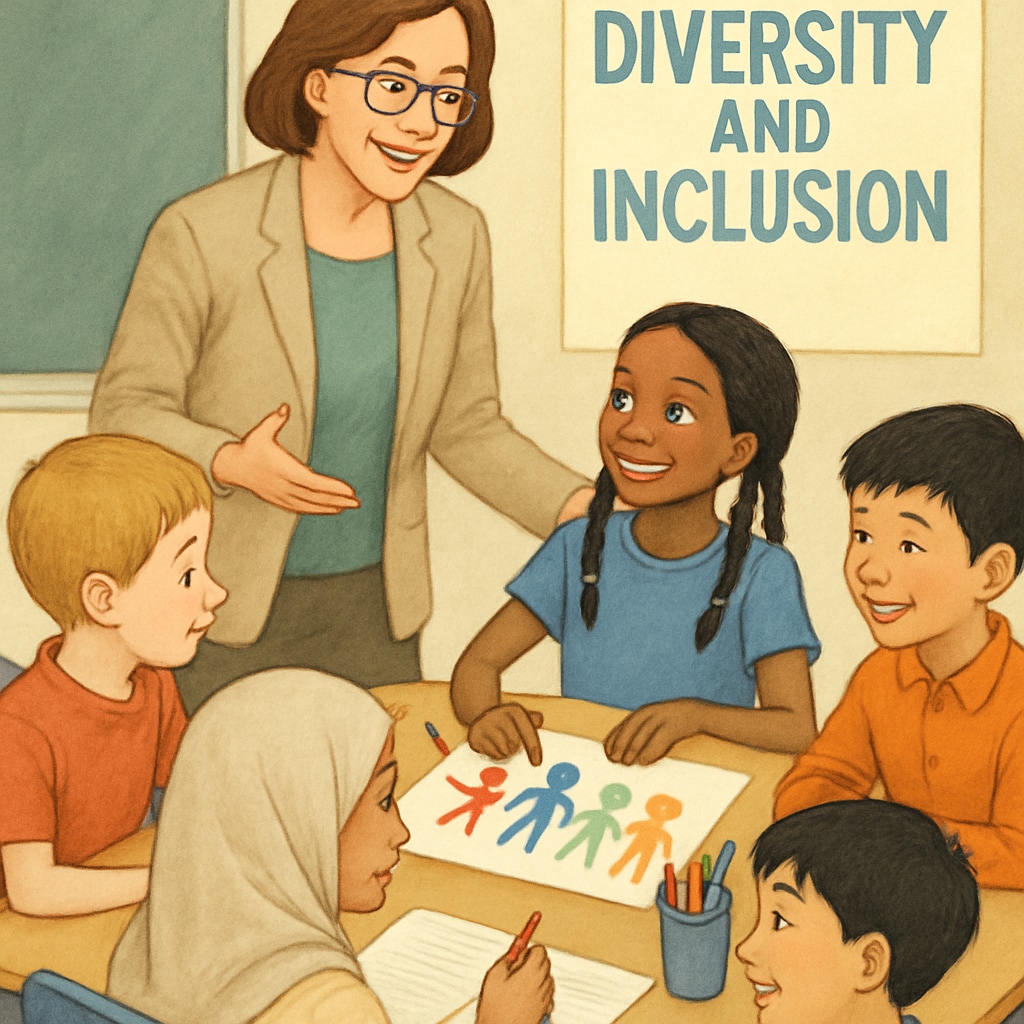The recent introduction of political screening in teacher applications by Oklahoma has sparked intense debate. By requiring out-of-state teacher applicants to disclose their political views, this policy raises concerns about the intersection of education, ideology, and free thought. Critics argue that such measures threaten the value of neutrality and diversity in K-12 education, while supporters claim they ensure alignment with state policies. However, the broader implications of this controversial policy are worth exploring.
Political Ideology in Teacher Hiring: A Double-Edged Sword
Oklahoma’s policy introduces a new layer of scrutiny into the teacher hiring process by mandating applicants to undergo a political “litmus test.” While no explicit details about the format of this test have been disclosed, reports suggest that it involves questions aimed at gauging the applicant’s alignment with conservative values. This approach has left many educators wary of the potential for ideological discrimination, especially for those whose beliefs may not align with the state’s dominant political stance.
Proponents of the policy argue that it ensures teachers promote values consistent with Oklahoma’s curriculum standards and societal expectations. However, opponents highlight the risks, such as discouraging qualified candidates who fear being judged unfairly based on their political leanings rather than their teaching abilities.

Potential Impacts on K-12 Education
The introduction of political screening in teacher recruitment could have profound consequences for the K-12 education landscape in Oklahoma. Here are some of the most significant risks:
- Reduced Teacher Pool: By adding ideological criteria, the state risks excluding qualified educators from diverse backgrounds, exacerbating existing teacher shortages.
- Homogenized Thought: A politically homogenous teaching workforce might limit exposure to diverse perspectives, which is crucial for developing critical thinking among students.
- Impact on Student Performance: Research has shown that diverse teaching environments contribute positively to student outcomes. Narrowing the scope of acceptable ideologies could undermine this dynamic.
For example, a report from the National Center for Education Statistics highlights the importance of teacher diversity in fostering inclusive learning environments. Narrowing ideological diversity could undermine this principle, leading to imbalanced education.

Value Neutrality and the Role of Educators
Education thrives on the exchange of ideas and the ability to challenge conventional wisdom. Teachers play a pivotal role in fostering this intellectual curiosity by providing a balanced perspective on complex issues. Value neutrality—the idea that educators should refrain from imposing their beliefs on students—is a cornerstone of professional teaching standards.
However, Oklahoma’s policy risks undermining this principle. Teachers who fear repercussions for expressing unconventional or progressive ideas may resort to self-censorship, stifling classroom discussions. This could create an environment where students are deprived of the opportunity to engage with diverse viewpoints, limiting their intellectual growth.
Moreover, the policy sets a dangerous precedent that other states could follow, potentially turning classrooms into arenas for ideological conformity rather than spaces for learning and growth.
A Call for Balance
As the debate over Oklahoma’s political screening policy continues, it is essential to consider the broader implications for the education system. Striking a balance between ensuring alignment with state standards and preserving educational freedom is critical. Policymakers must recognize that diversity—both in thought and background—is a strength that enriches the learning experience for students.
Instead of implementing divisive measures, states could focus on fostering professional development programs that encourage dialogue and understanding among educators with varied perspectives. Such initiatives would strengthen the teaching workforce without compromising core educational values.
In conclusion, while Oklahoma’s attempt to align education with its political values may seem justified to some, the risks far outweigh the benefits. Prioritizing inclusivity, neutrality, and diversity in education is vital for preparing students to navigate an increasingly complex and interconnected world.
Readability guidance: The article uses short paragraphs for easy reading, incorporates lists to summarize key points, and maintains a balance between active and passive voice. Transitions such as “However,” “For example,” and “Moreover” ensure smooth flow between ideas.


